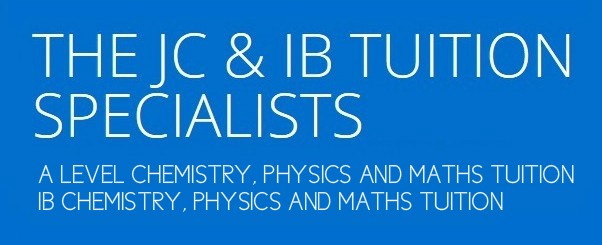H2 Chemistry tuition is offered in different class formats to cater to students’ individualised needs. The different class formats include 1-1 tuition, duo tuition, mini group tuition and small group tuition. The table below illustrates the key elements of the different class formats.
| Class Format | Customisation | Individualised attention | Class size |
| 1-1 tuition | Maximum | Maximum | 1 |
| Duo tuition | High | High | 2 |
| Mini group tuition | Medium | Medium | 3-5 |
| Small group tuition | Low | Low | 6-9 |
Contact us via email or whatsapp to find out more info on the class schedule.
Our Location
Marine Parade
Marine Parade, Singapore
Location is a 1 minute walk from Marine Terrace MRT Station (TE27)
JC Chemistry tuition is taught by Ms Sim Lily, an ex-lecturer in National Junior College with more than 16 years experience teaching H2 Chemistry in Singapore. Upon graduation from NUS with a Bachelor of Applied Science with Honours (Applied Chemistry), Ms Sim followed her passion to teach and enrolled into NIE and obtained her Postgraduate Diploma in Education. She started her teaching career at NJC and taught there for more than 10 years. In 2014, she left NJC to fully focus on providing A Level H2 Chemistry tuition, something which she is passionate about.

For all the students she has taught to date, 65% of them scored A’s and 93% scoring A’s and B’s. 90% of her students who had originally scored U’s managed to score B’s and above for their H2 Chemistry paper. Ms Sim’s unique teaching approach also helps her students effectively gain most from each lesson. Here is a sneak peek on the topic of Alkanes in Organic Chemistry
We also offer JC Maths tuition in Singapore and JC Physics tuition. Let us know if we can help!


